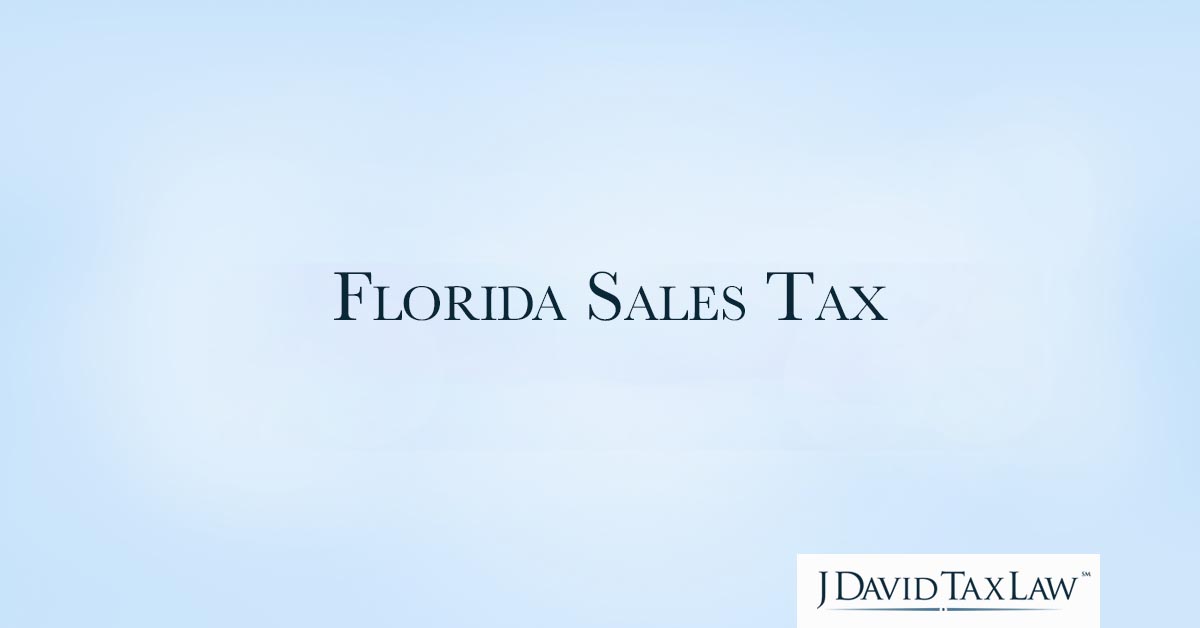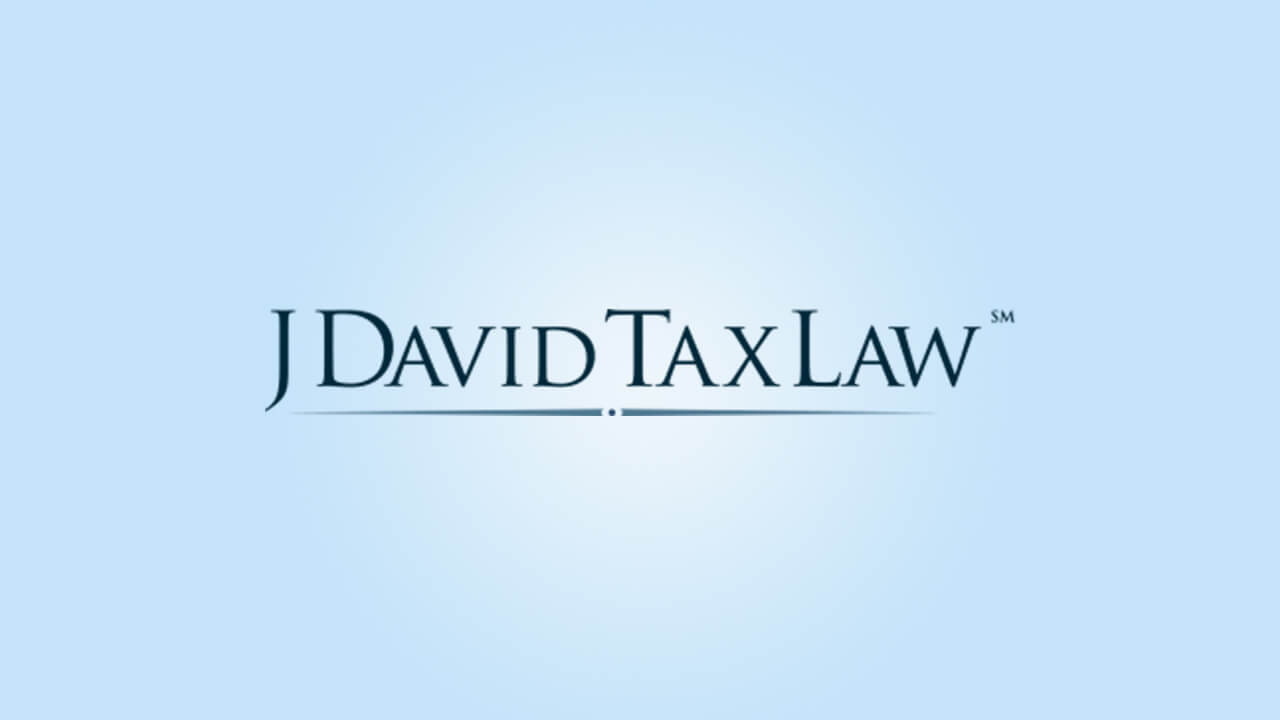Payroll Taxes & IRS Trust Fund Recovery Penalty

Payroll Taxes & IRS Trust Fund Recovery Penalty
If you are responsible for collecting and paying employment taxes, this article is a must-read.
Every time you pay your employees, you have a responsibility to withhold a percentage of the pay for Social Security and Medicare contributions, also known as FICA (Federal Insurance Contributions Act), and income tax, also known as Trust Fund Taxes. Next, it is your obligation to send the income tax withholdings to the IRS.
When you fail to send the withholdings, the IRS charges a penalty known as the Trust Fund Recovery Penalty. This ranks as one of the most severe penalties enforced by the IRS on a responsible person or party.
Here’s How the IRS Calculates the Penalty
The starting point for calculating the Trust Fund Penalty is the unpaid balance of the trust fund. The IRS combines the withheld income tax with the withheld contributions to Medicare and Social Security (FICA), and then “the 100 percent penalty” is applied.
To help illustrate this further, after paying your employee, your total unpaid income and FICA is $150. You will owe an additional $150 for a total of $300. For this penalty, the IRS enforces no less than 100% of the taxes you owe, that’s why it’s called the 100 percent penalty. If it happens with a few employees it might be manageable, but if it happens over and over again with multiple employees across months or even years, it could cause catastrophic financial consequences for your business.
The IRS Will Determine Who’s Responsible for the Trust Fund Recovery Penalty
In section §6672 of the Internal Revenue Code, the IRS says the responsible person is a “person required to collect, account for, and pay over taxes held in trust, who willfully fails to perform any of these activities.” The law lists two criteria used to determine responsibility, the first one being to identify the person within the business who is responsible. The test determines if a “person had the status, duty, and authority to control the company’s financial affairs.” The person signing the checks is usually the person with fiduciary responsibility. The second criteria is to establish if the person acted with willfulness. The IRS states that if you pay other business expenses instead of paying taxes that you withheld that were meant to go to the IRS, you are acting willfully.
When collecting Trust Fund Recovery Penalties, the IRS is extremely aggressive. Your failure to pay over taxes results in a monetary loss to the IRS and prevents them from funding federal programs. It is considered tax evasion. Not paying the money withheld from your employees’ paychecks is one of the most pursued and prosecuted violations within the Internal Revenue Service.
If you are being charged with a Trust Fund Recovery Penalty violation, the IRS will eventually take your assets to collect the amount you owe. If you ignore a TFRP violation from the IRS, the consequences are far worse than the penalty. Our experience has demonstrated to us that when this major tax problem is not addressed, it will undoubtedly lead to financial devastation or worse, Federal prison.
Facing Severe Tax Penalties? Our Orlando Tax Attorneys Can Help
J David Tax Law has represented over 2,100 clients facing Federal criminal prosecution for tax evasion as a result of unpaid Trust Fund Recovery Penalty and/or TFRP assessments totaling $100,000 to $7.7 million-dollars. You should not do an interview with the IRS regarding TFRP violations without legal representation. If the IRS is talking to you, they have a case building against you.
If you are facing severe penalties from the IRS for any payroll tax violation, including assessed Trust Fund Recovery Penalties, contact J David Tax Law in Orlando, FL today for a no-cost, no-obligation consultation and immediate representation.
Categories
Featured Articles

Meet Jonathan David Sooriash
He is the founder and Managing Partner of J. David Tax LawSM. He is the winner of the 2019 Ultimate Tax Attorney awarded by the Jacksonville Business Journal. This award recognizes law firms and attorneys who show exemplary professional talent and skill while demonstrating superior client care, leadership, charitable concern, and civic engagement. Jonathan graduated from Chapman University School of Law. He has practiced law since 2011.









